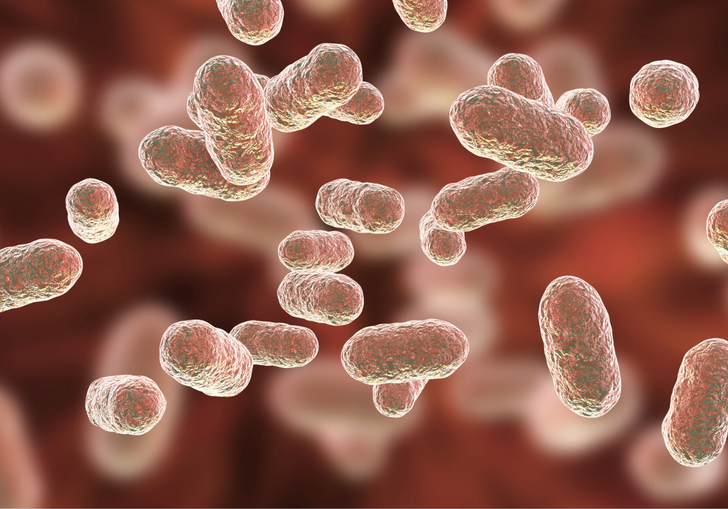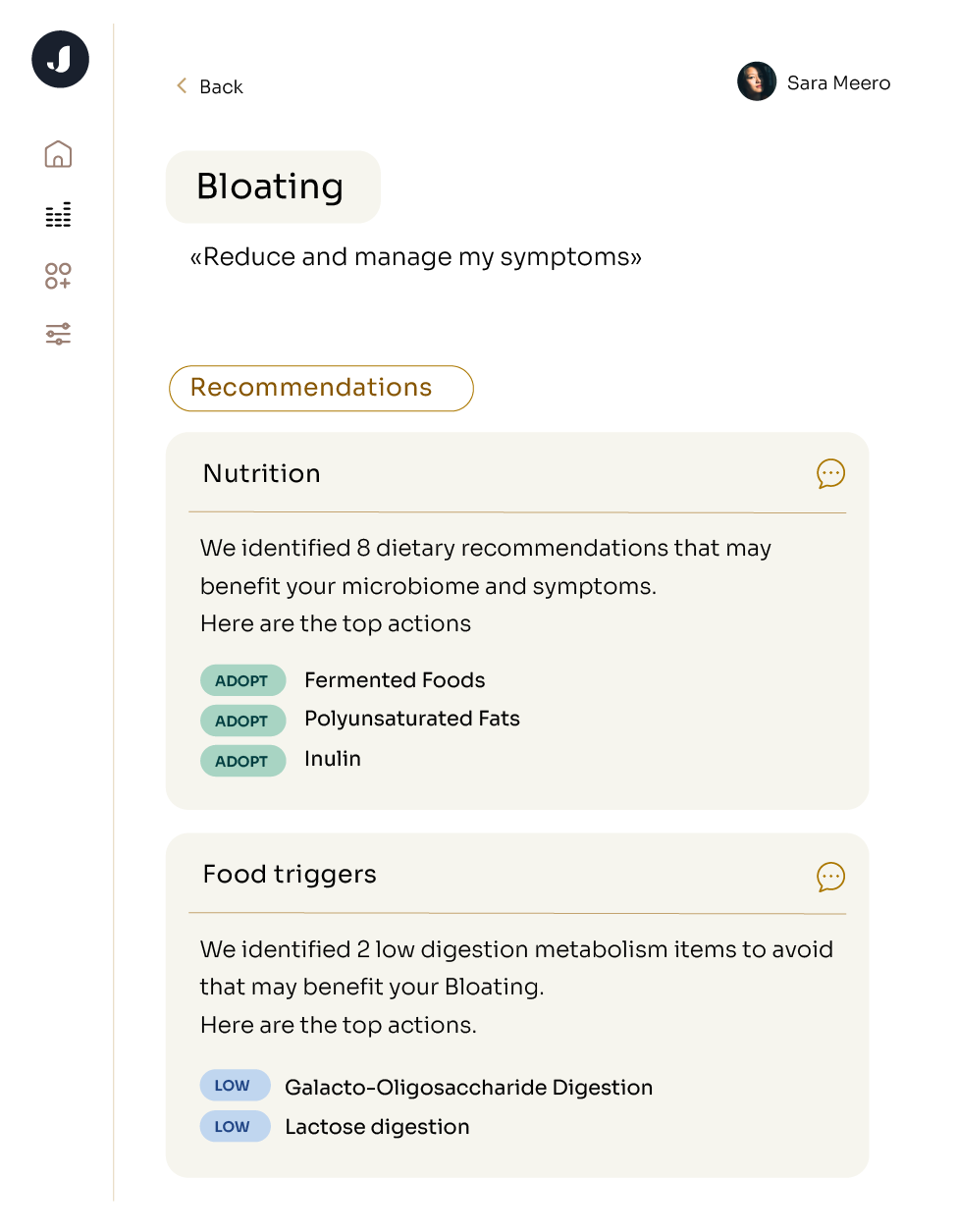First, lets start with the basics - what are probiotics?
Probiotics are live microorganisms that, when taken under the right circumstances, can provide health benefits like supporting digestion and immunity. They are different from medicines in that they are living microbes, which can colonize the gastrointestinal tract and change the balance of bacteria in the gut microbiome.
Probiotics come in two different formats: food and supplements.
You might already be eating probiotics in the form of foods such as kimchi, yogurt, and sauerkraut, which naturally contain live probiotics as a result of fermentation processes. In this article, we’ll focus on the supplement type, over-the-counter dietary supplements containing specific strains of bacteria or blends of multiple strains.
Health-conscious consumers face a barrage of mixed messages about probiotics. Let’s tackle a few common misconceptions we hear from Jona customers regarding probiotics. Instead of dismissing these claims outright, we’re going to take a “Yes, and…” approach, backed with facts, to convey the range of perspectives held by the scientific community on this topic.
Yes, and…
YES: Probiotics are a way to change the balance of bacteria in your gut.
…AND: While many probiotics operate by colonizing your gut, not all do - these microbes may also work by producing compounds that change your gut chemistry or outcompeting pathogens for real estate. And, even those that colonize can lose their footing once you stop taking the probiotic, introducing questions about their long-term effects.
YES: The probiotics on the shelf are the same bacteria as those I get through food.
…AND: The range of commercially produced probiotics are only a small fraction of the strains that you could find in a bite of kimchi or glass of kefir (both fermented foods that contain probiotic bacteria). There’s a couple reasons for this: one, most probiotics are isolated from fermented foods, and some (like lactic acid bacteria) are easier to isolate than others. Two, by virtue of this isolation, the probiotics you buy may have been subjected to processing that affects their viability and potency. Some research indicates that even ‘live’ probiotics may not survive through the stomach to the large and small intestine. Three, the field of microbiome and probiotic research is young, and commercial availability will always lag behind the pace of new probiotic strain and pathway discovery.
YES: In clinical trials, probiotics have been shown to improve diarrhea, cognitive decline, high cholesterol, and a host of other factors. (We even wrote a blog post on it!)
…AND: Extrapolation of these studies can get complicated. Each of these studies is peer-reviewed, and shows statistically significant improvements in the tested condition, but there are many confounding factors: the gut microbiome you start with, the dose and duration of the intervention, the age, diet, and lifestyle of the participants… the list goes on. More large-scale research is needed to define the relationship between probiotics and health.
** Special Note ** Infants merit a particular mention here, as the upsides of probiotic supplementation in infants are particularly limited, and the downsides can be severe, even fatal. The FDA has issued warning letters to the manufacturers of probiotic products that caused significant harm in young children, including the tragic death of one infant in late 2023. Consult a pediatrician before starting any probiotic regimen for your children.
YES: The bacterial strains in probiotics have broadly positive effects.
…AND: Everyone’s baseline is different, and overabundance (even of a generally ‘good’ organism) can be problematic. One example is Bifidobacterium, a common genus that can be anti-inflammatory, but in excess has been associated with Parkinson's disease. Profiling your personal microbiome through Jona allows you to flag, among other microbes, any ‘beneficial’ bacteria that you may not wish to supplement.
YES: Common probiotic strains are generally regarded as safe.
…AND: The FDA is not required to vet probiotics for efficacy, or even safety, before companies can market them. More importantly, we have little long-term data on probiotic usage or the second-order ecological effects that they can trigger. In a living system like the gut microbiome, it’s not possible to change one piece of the puzzle without affecting the others.






